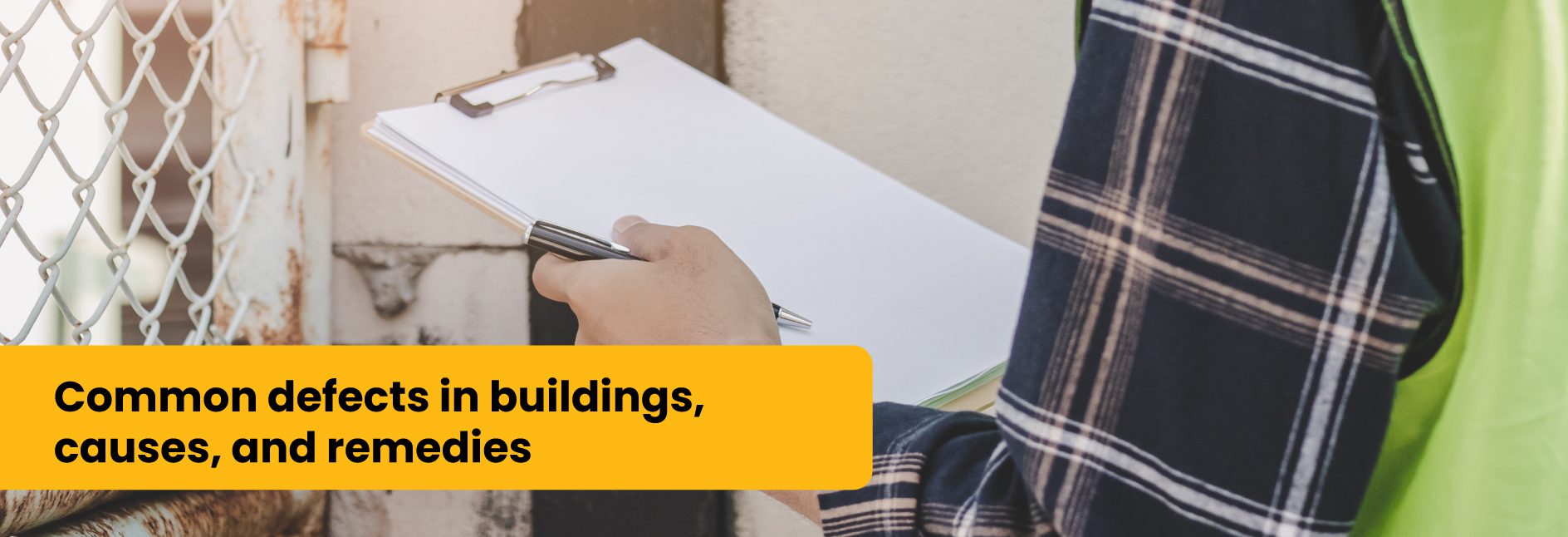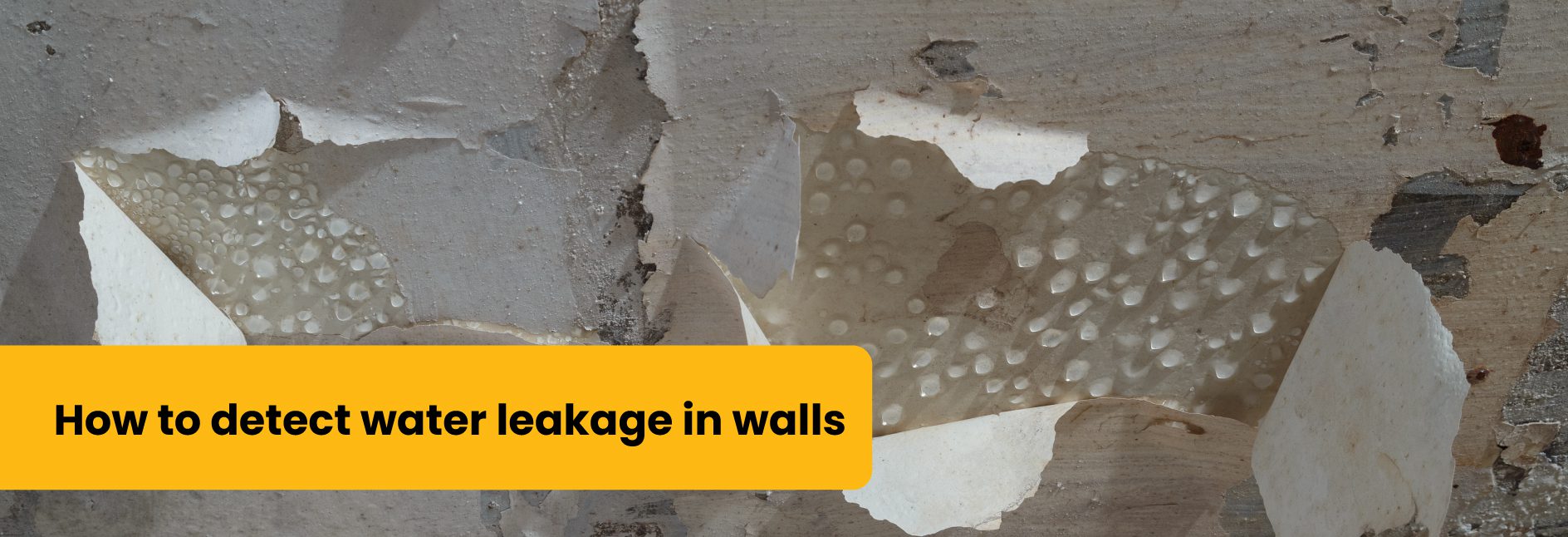You become aware that something is wrong with the flooring underneath while you are walking on it, and at a certain area, your shoe produces a different sound at a certain area. This is a common instance of how hollow tiles is seen by everyone. Using specialized instruments like a wooden mallet, a mallet with a plastic tip, a tool with a metal ball tip, etc., specialists inspect the flooring for hollowness.
When the tool is tapped, the sound changes, indicating the presence of a hollow space or a lack of adhesion between the flooring tile and the foundation underneath. Through this article, we will explain to you the various details about hollow tiles and how to fix hollow-sounding titles. We will also help you understand should hollow tiles be replaced or not. So, keep reading.
What Are Hollow Tiles?
When struck with a specific mallet, we hear a hollow sound, which indicates that the tile or a section of the tile is not set or bonded properly or that there is a space or void under that portion.
What Are The Effects Of Hollowness?
- A tile’s vulnerability to voids under it may result in fracture.
- There may be a void behind a tile if the glue does not completely cover the surface. If pressure is applied to such tiles, the tiles may break or get damaged.
- A broken tile that is hollow may need to be replaced, which might change the colour.
- Additionally, rework costs more money than fresh work.
What Are The Causes Of Hollowness?
- Materials used to install the tiles, such as screed, mortar, glue, and/or the tile itself, were of poor quality.
- Poor craftsmanship (the way the tile is set, the preparation of the mortar and slurry, the application of adhesive, etc.) and a lack of oversight.
- Before installing tiles, uneven flooring or incorrect subfloor cleaning prevents the formation of a consistent adhesive bonding layer.
- When installing enormous tiles, special care must be taken to avoid bonding the tiles with hard wooden items. If it is not done correctly, there is a greater likelihood of a hollow sound or a tile popping up.
- There may be a potential debonding owing to tile expansion if the flooring is directly exposed to sunshine and the adhesive/bonding layer is not solid. Tiles may pop up or buckle as a result of this.
How to Fix Hollow-Sounding Tiles?
By cutting a little cut on the closest location at the joint, resinous material may be injected or grouted under pressure to fill in empty spots. A tiny hole can be drilled in the centre of a hollow place in marble and filled after grouting. Only specialists can complete this task, preferable to replacing the tile but may not always produce a perfect outcome.
The appropriate removal and replacement of the tile is the final option. This does have certain drawbacks of its own. Adjacent tiles may also be damaged during tile removal, and the finishing may not necessarily match the original work. The main problem will be that the newly set tile will almost always be a different hue because it came from a different batch of manufacturing.
Conclusion
Therefore, it is crucial to install the tile properly from the start or have it fixed even before moving into the house. The replacement option should be avoided if you can live with it, It is always better to check these issues before moving to your new house; propcheck will help you find these defects with the help of professional hoe inspectors who check. Anytime you want assistance, contact PropCheck.
Frequently Asked Questions
What to use to check for hollow tiles?
Simply softly tap against your tiles with a coin or metal rod to listen for any irregular noises.
What happens if tiles are hollow?
The empty spots might indicate several problems, including the debonding of the thin-set glue from the substrate or the back of the tiles. If the substrate is a mortar bed attached to the concrete slab, the mortar bed has likely been debonded.
Are hollow tiles a defect?
Industry norms state that tiles with a hollow sound are not defective. Nevertheless, a hollow-sounding tile may be a sign of a flaw. The materials and design of the tile assembly below may be to blame if the entire floor or just a section of it sounds hollow.
Will hollow tiles crack?
The corners or a spot in the centre of the tiles may be still partially attached, but it won’t be long until hollow tiles start to break. These types of issues can be brought on by a variety of causes, including poor underlayment or structure settling, depending on what’s going on below the flooring.





